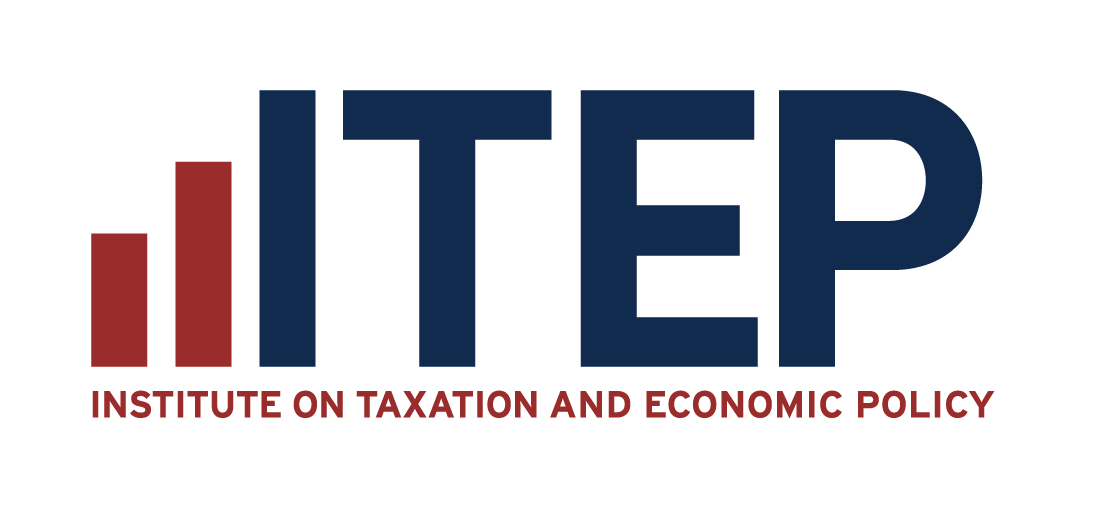
Institute on Taxation and Economic Policy (Photo: Wikipedia)
According to a study released late last week, congressional Republicans are attempting to extend tax cuts from the federal corporate tax rate that, since they were enlarged in 2018, have helped dozens of significant U.S. corporations to collectively save close to $67 billion.
GOP WANTS TO MAINTAIN TAX RATE REDUCTION
According to the Institute on Taxation and Economic Policy (ITEP), the “bonus depreciation” provisions of the Trump-GOP tax law, which allow businesses to deduct the full cost of equipment in the year it is purchased rather than over time, have helped 25 major U.S. companies pay “since 2018, the effective federal corporate tax rate is just 12.2%—far below the statutory rate of 21%.”
According to ITEP’s Steve Wamhoff, Matthew Gardner, and Spandan Marasini, “some corporations have used accelerated depreciation to drive their effective tax rates down to single digits.” “These include companies like Verizon, Amazon, Walt Disney, Con Edison, General Motors, Dish Network, and others benefiting from this federal corporate tax rate retention.”
According to ITEP, Amazon gained $8.4 billion in federal corporate tax rate reductions between 2018 and 2022, 77% of which were attributable to accelerated depreciation. Accelerated depreciation provided Intel and Facebook with 100% of their federal income tax advantages in line with the federal corporate tax rate retention.
It was highlighted in the ITEP report based on the federal corporate tax rate retention, that it “would be a mistake to view fast depreciation as affecting only the timing of tax receivables as if the same amount of tax revenue will eventually be collected regardless of what tax depreciation rules are in effect.”
Due to the federal corporate tax rate retention, the group stated that “some firms may avoid paying federal income tax for decades by utilizing depreciation deductions each year, year after year”. “In addition, a tax payment deferred is a payment that is partly neglected through the effects of expensive prices. For example, if a company owes $10,000 in income taxes last year, but can delay paying most of it until 2030, the amount of tax owed in 2030 is effectively lower because $10,000 will be worth less in 2030 than it is in the current year. The federal government will effectively receive less. In a high inflation area, this is acceptable.”
In line with the federal corporate tax rate retention, Republicans are seeking to save the corporate gifts as part of a larger three-bill deal that would primarily benefit the wealthiest Americans, even though the depreciation provisions have started to phase out this year. The legislation was adopted last month by the Republican-controlled House Ways and Means Committee.
Contrary to the GOP’s claims that its policies are primarily intended to help “working families,” a new ITEP analysis found that the tax plan will give the richest 1% of Americans an estimated $28.4 billion alone next year if federal corporate tax rate will be extended indefinitely.
























